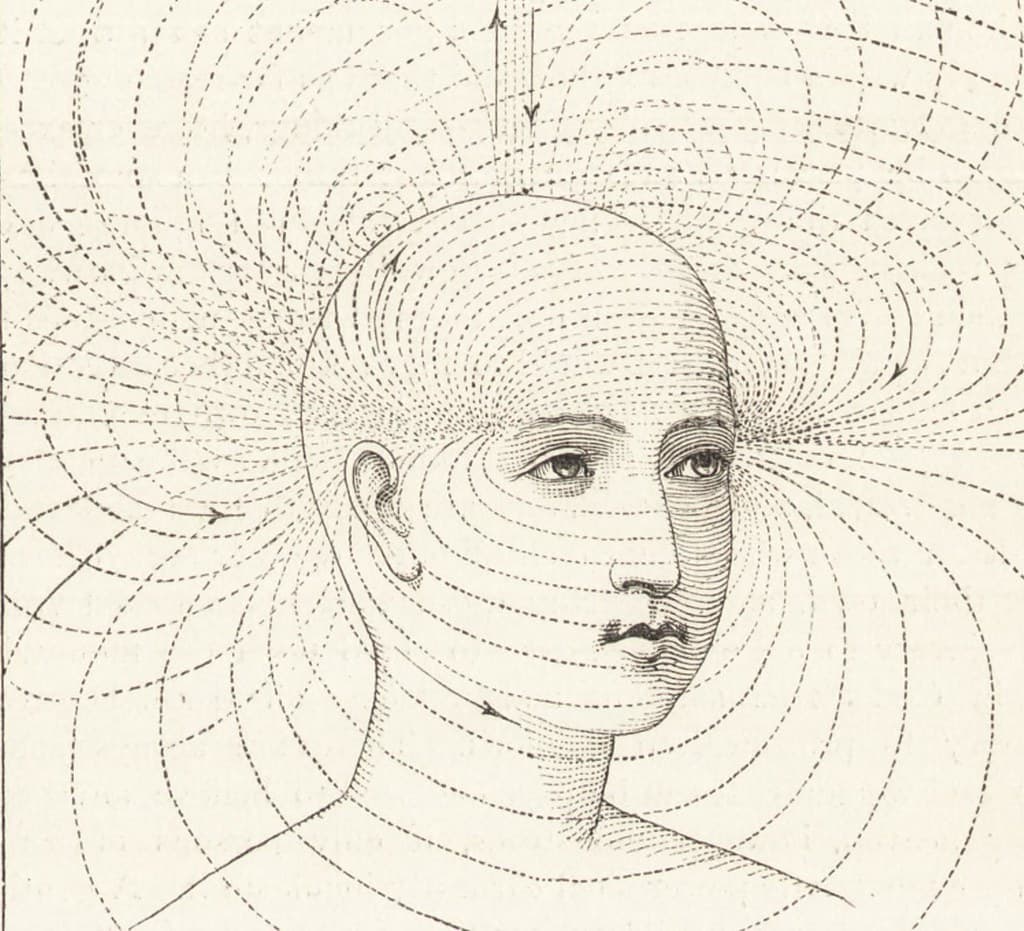Philosophy and science are often seen as complementary disciplines, with science providing empirical data and philosophy providing a framework for understanding that data. However, some argue that philosophy is not a science and cannot be reduced to scientific methods. In this article, I will explore this debate and argue that philosophy cannot be reduced to a science. While science provides a valuable tool for understanding the world, there are limits to what it can explain, and philosophy fills the gaps where science falls short.
Table of contents
The Nature of Philosophy and Science
Philosophy and science are both concerned with understanding the world, but they approach this task in different ways. Science is concerned with empirical data and uses the scientific method to gather and interpret that data. Philosophy, on the other hand, is concerned with concepts and ideas and uses logical reasoning to explore and analyze those concepts. While there is some overlap between the two disciplines, they are fundamentally different.
Science is concerned with understanding the natural world through empirical observation and experimentation. It seeks to discover the laws of nature and the underlying mechanisms that govern the behavior of the physical world. This is achieved through the scientific method, which involves formulating hypotheses, testing them through observation and experimentation, and revising them based on the results. The scientific method is a powerful tool for understanding the natural world, and it has produced remarkable insights into the workings of the universe.
Philosophy, on the other hand, is concerned with understanding abstract concepts and ideas. It seeks to understand the nature of reality, knowledge, ethics, and other philosophical questions. Philosophy uses logical reasoning and argumentation to explore these concepts and arrive at conclusions. Philosophy is not concerned with empirical data or experimentation, but rather with conceptual analysis and logical deduction.
The Limits of Scientific Methodology
While the scientific method is a powerful tool for understanding the natural world, it has its limits. Science is limited to what can be observed and measured, and it cannot provide answers to questions that lie beyond the realm of empirical observation. For example, science cannot answer questions about the meaning of life, the nature of consciousness, or the existence of God. These are questions that fall within the realm of philosophy, and they cannot be answered through empirical observation or experimentation.
Furthermore, science is always provisional and subject to revision. Scientific theories are based on empirical data, but those data can be subject to interpretation and revision. As new data are gathered, scientific theories may need to be revised or discarded altogether. This means that scientific knowledge is always tentative and subject to change. Philosophy, on the other hand, is concerned with concepts and ideas that are not subject to empirical observation and are therefore not subject to revision in the same way that scientific theories are.
Finally, science is limited by its methodology. The scientific method requires empirical data and experimentation, which limits its scope to the natural world. Science cannot provide answers to questions about ethics, aesthetics, or other non-natural concepts. These are questions that fall within the realm of philosophy, and they require a different approach than that of science.
The Role of Philosophy in Filling the Gaps
Philosophy plays an important role in filling the gaps left by science. While science provides valuable insights into the natural world, it cannot provide answers to all of the questions we may have about the world. Philosophy fills the gaps by providing a framework for understanding those questions that fall outside the scope of science.
For example, philosophy can provide insights into questions of ethics and morality. While science can tell us about the natural world, it cannot tell us what we ought to do or what is morally right or wrong. These are questions that fall within the realm of philosophy, and they require a different approach than that of science. Philosophers use reason and argumentation to arrive at ethical principles and moral judgments.
Similarly, philosophy can provide insights into questions of metaphysics and epistemology. Science can tell us about the physical world, but it cannot tell us about the nature of reality or the limits of human knowledge. These are questions that fall within the realm of philosophy, and they require a different approach than that of science. Philosophers use reason and argumentation to explore these concepts and arrive at conclusions.
Philosophy also plays an important role in critiquing scientific theories and methodologies. While science is a powerful tool for understanding the natural world, it is not infallible. Scientific theories can be flawed or incomplete, and scientific methodologies can be biased or limited. Philosophers can critique these theories and methodologies and provide insights into their limitations and shortcomings.
Conclusion
In conclusion, philosophy cannot be reduced to a science. While science provides a valuable tool for understanding the natural world, there are limits to what it can explain. Philosophy fills the gaps left by science by providing a framework for understanding abstract concepts and ideas, as well as critiquing scientific theories and methodologies. Philosophy plays an important role in exploring questions of ethics, metaphysics, epistemology, and other philosophical questions that fall outside the scope of science. Therefore, philosophy and science should be seen as complementary disciplines, each with its own strengths and limitations.
Bibliography
- Chalmers, D. J. (1996). The Conscious Mind: In Search of a Fundamental Theory. Oxford University Press.
- Kuhn, T. S. (1962). The Structure of Scientific Revolutions. University of Chicago Press.
- Nagel, T. (1986). The View from Nowhere. Oxford University Press.
- Papineau, D. (2002). Thinking about Consciousness. Oxford University Press.
- Quine, W. V. (1969). Ontological Relativity and Other Essays. Columbia University Press.



 For all latest articles, follow on Google News
For all latest articles, follow on Google News